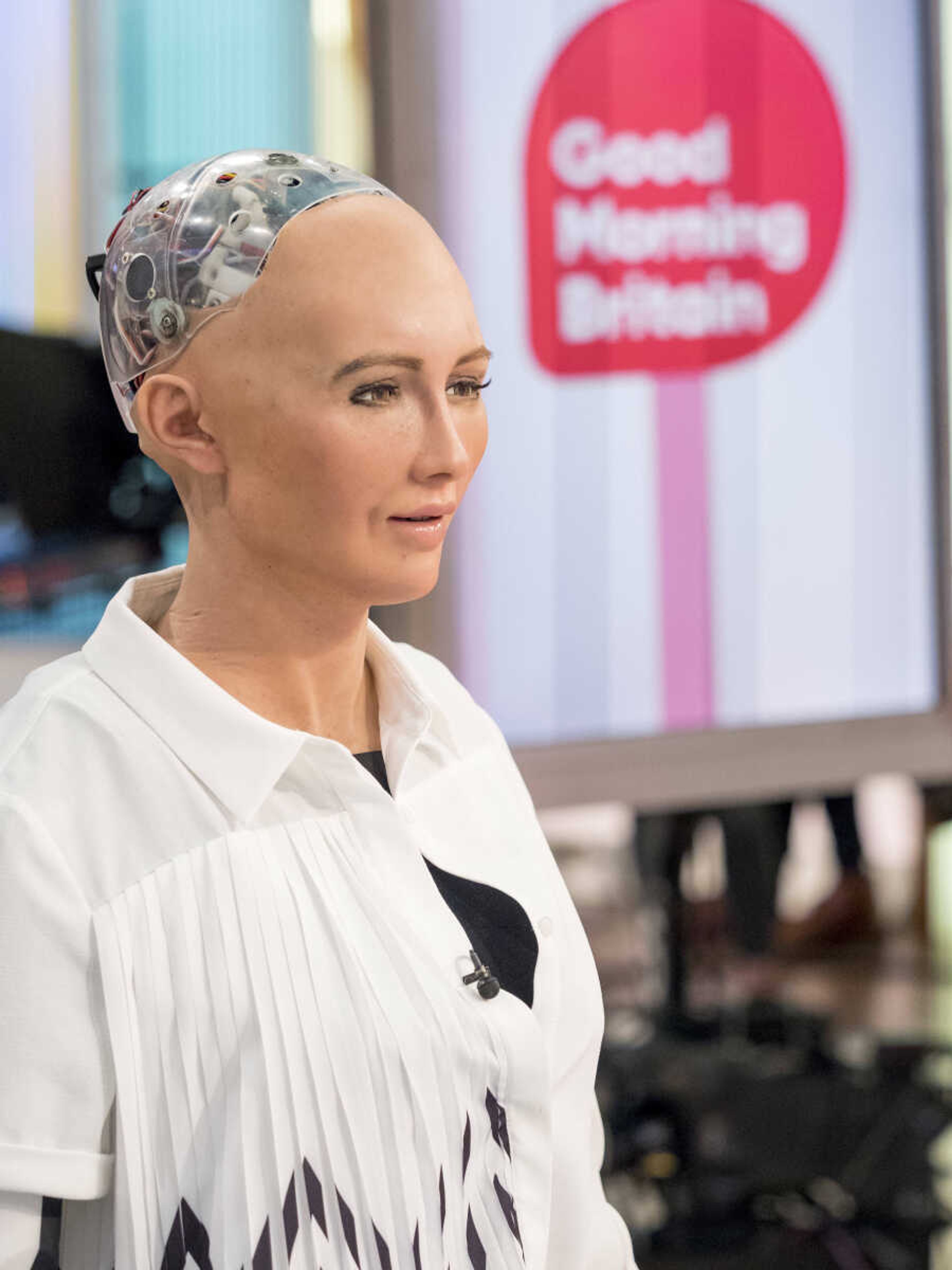Over the past several days, Southeast political and technical experts and students have been reacting to the news of Saudi Arabia naming the artificial intelligence Sophia, built by Hanson Robotics, a citizen of their country.
Rashid Almutairi, an international student from Saudi Arabia and marketing major at Southeast, said he heard about Sophia in the news in October when she was granted citizenship. He believed Saudi Arabia was interested in a public response for naming the robot a citizen of the nation. He said he did not believe Saudi Arabia has a strong robotic industry in their country. Almutairi said his country had been talking about building a new city as part of this project.
Debra Holzhauer, Southeast professor of comparative political systems, said Saudi Arabia intends to build a new, $ 500 billion city featuring forms of high-tech living. The country has begun a project named Saudi Vision 2030 that aims to reform Saudi Arabia into a more moderate form of Sunni Islam.
This comes, Holzhauer said, after a series of attempts to create change in Saudi Arabia and is largely regarded as a publicity stunt. With the current monarch’s son being installed as Crown Prince, this is a time of reform in Saudi Arabia, Holzhauer said.
Several projects have been attempted lately, according to Holzhauer, and many of those projects have not paid off. The country attempted to grow agriculture in their nation without much success due to the environment. A major concern, Holzhauer said, is the country’s unemployment among its youth, which is a common issue in the Middle East, and they hope to create jobs.
Saudi Arabia intends to take advantage of the large amount of space available in the country by emphasizing technology to catch up with its rival Dubai, Holzhauer said. Their intentions, by granting citizenship to the Hong Kong-built robot Sophia, may have also been to attract international companies to the nation.
The announcement of the plan for this city as well as making Sophia a citizen comes while women are still being granted the right to drive. Holzhauer said this has an economic motivation. Saudi Arabia hopes to see women in the workplace to drive productivity, and for that reason, Holzhauer said, there would not be nearly as many restrictions in place in the new city, such as the separation of men and women in public.
Holzhauer said she does not see robot citizens becoming a trend. She said the uses for robots are multiplying, noting a Japanese Hotel completely run by robots.
“I can’t see us really treating them like they’re humans,” she said.
Since Saudi Arabia has not in recent years been able to rely so much on manipulating oil prices, its officials are likely looking for new ways to insert themselves into positions of power, Holzhauer said. She also noted the statement is likely to remind the world there was a time when Islamic society was much more advanced than the West.
Assistant professor of polytechnic studies Jim Peterson said he could never the sophistication of robotics coming to a point where a machine could be thought of as a person. He did say it was foreseeable that an artificial intelligence could be recognized as a citizen for a publicity stunt.
A robot’s role, Peterson said, should always be in an assistant position. Peterson noted the world-famous scientist Stephen Hawking recently said how dangerous artificial intelligence is.
Peterson said Saudi Arabia started an interesting conversation because they granted the robot citizenship.
“Are they going to charge that citizen taxes? Are they expected to go get a job?” he said.
Peterson’s emphasis is in drone technology, and he noted artificial intelligence could fit into how society uses technology, not as equals to humans, but to control networks. Similar to how drones were remotely driven, he said driverless cars would need to be controlled by artificial intelligences.
Whether or not Sophia is citizen material, this step by Saudi Arabia raises many questions about the place of robots in society and, as Holzhauer and Peterson noted, will continue to be a conversation in the future.




